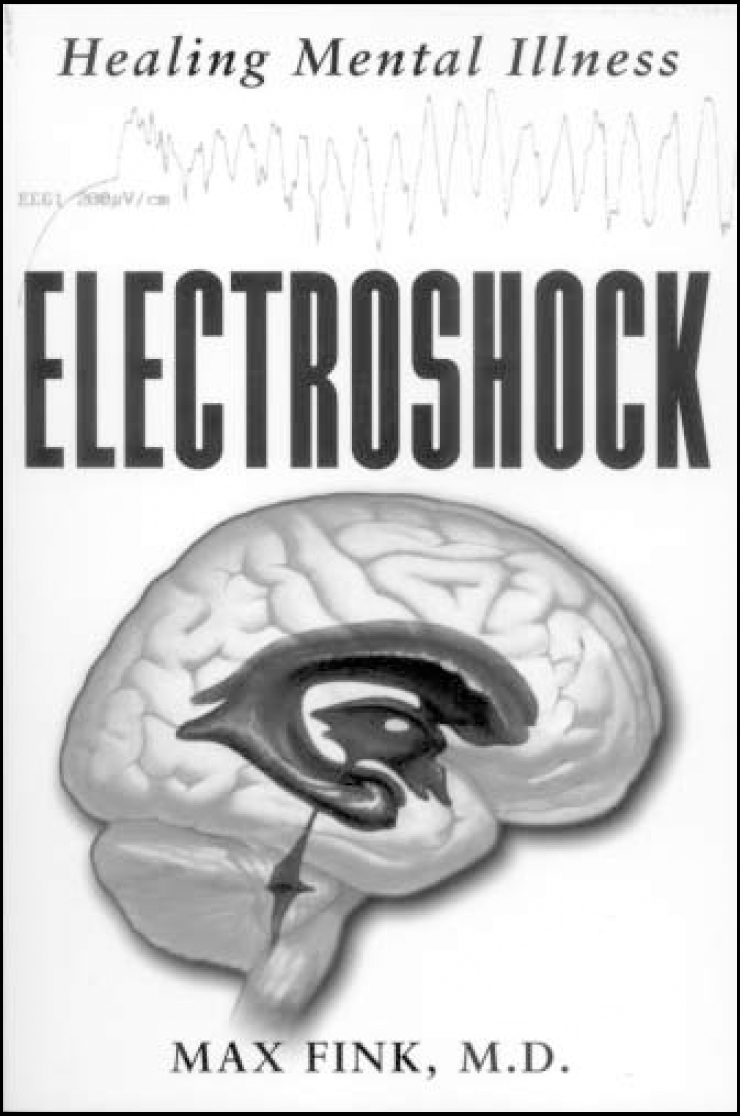
Electroconvulsive therapy (ECT) remains controversial as the only physical treatment originating in the first part of the last century still in widespread use. Deriders seem plentiful but public advocates of its increased use are few. Max Fink is a well-known author on this subject, with much of his work aimed at a professional audience. Electroshock: Healing Mental Illness, written when the author was in his late 70s, is an impassioned argument for ECT to be considered as an effective and safe treatment by both the public and psychiatrists. The slim volume is illustrated extensively with clinical vignettes, based on his experience and published cases.
The book consists of three sections. The first describes what happens during ECT, and discusses the risks, contraindications and indications for its use. In the second Fink discusses the history of ECT both in terms of its development and the subsequent controversy. The final section contains appendices, notes and an extensive bibliography. In general the style is jargon-free and easy to follow, with well-written informative chapters, particularly on the origins and history of ECT. However, little space is given to clinical trials or meta-analysis. Electroshock is written primarily for the American public which means that issues pertaining to the Mental Health Act 1983 are not covered, and the issue of signing for consent by relatives may confuse a non-American reader. Drugs are referred to by their trade names, although a useful appendix gives both the generic equivalents and their use.
As the UK sees further pressure to restrict the use of ECT, following guidance from the National Institute for Clinical Excellence, it is a valuable reminder that unnecessarily withholding ECT may deny patients an effective and even life-saving treatment.



eLetters
No eLetters have been published for this article.